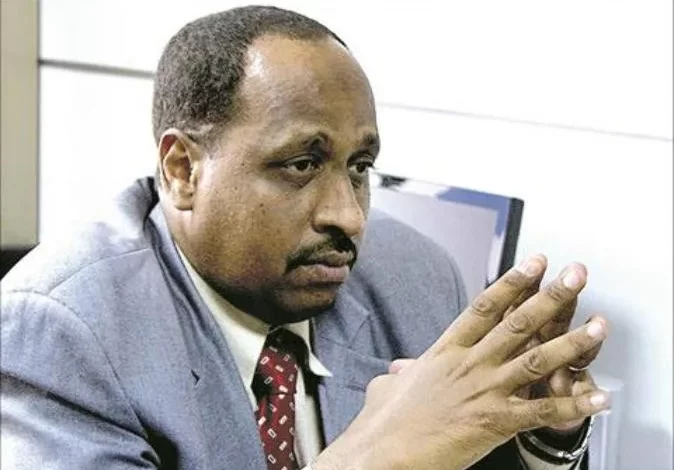Expert Calls for separating the Ministry of Finance from Economic Planning

Sudan Events – Nahid Oshi
Economic expert Mohamed Al-Nayer called for the necessity of separating the Ministry of Finance from economic planning, and attributed the matter to the fact that the next stage for Sudan, “transitional and post-transitional,” is an important stage in rebuilding Sudan, correcting the course of the economy, and restructuring the economy.
He said in his interview with (Sudan Events )hat the next stage requires the presence of a Ministry of Finance that is concerned with the state’s finances and general budget, which is a burdensome issue that requires an independent ministry that manages the issue of public financial revenues and expenditures to a large extent, and the state’s revenues, whether customs, taxes, ports, or others, provided that there is an independent ministry for economic planning.
He affirmed the importance of its role in the next stage to develop short-, medium-, and long-term plans, follow up on the implementation of the plans, and evaluate the plan’s objectives and the level of implementation.
He said, “Even if the rationalization and reduction are for other ministries, it is important that the Ministry of Finance and Economic Planning be two ministries, not one ministry.”
He added, “It is important to develop plans for the next stage that are executable, provided that a short-term plan is developed to address immediate and urgent issues quickly, and another in the medium and long term to correct the course of the Sudanese economy and restructure it to a large extent, and to begin implementing the plans at the same time.”
He said, “If this is done, we will have made a significant shift in Sudan and overcome many obstacles and political and tribal disputes in this critical stage in Sudan’s history, which requires wisdom, professionalism, and neutrality, far from tribalism.” Al-Nayer pointed out that transitional periods in the world are concerned with an independent government of competencies, and in Sudan there are mistakes made by the transitional government in not adhering to the controls and standards for transitional periods, which is an independent government of competencies, the most important of which is the prime minister and all ministers, that the ministers and officials do not have any party affiliations or tribal tendencies.
He said, “We need to be all Sudanese, in addition to the transitional period not having major tasks like the tasks of the elected government, but its tasks are limited to reforming the economic situation, improving people’s standard of living, managing state affairs in the transitional period, and preparing the climate for free and fair elections.
The transitional government is not required to pass laws or anything else except what is required by extreme necessity, and other than that, it is deferred to elected parliaments that decide on the fateful issues of Sudan.” He continued, “It must be an agile government with a limited number of ministries.”



